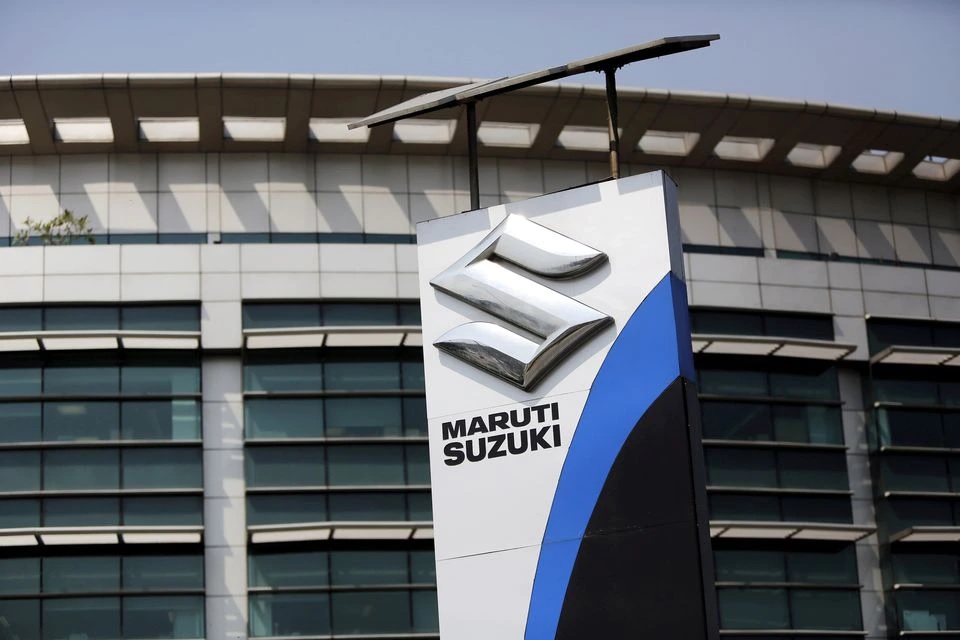Reuters 3 min read
The use of hydrogen power for mobility is an “interesting alternative” for India, especially as it would reduce dependence on lithium imports, the chairman of Maruti Suzuki (MRTI.NS), India’s top-selling carmaker, said on Monday.
Demand for lithium for batteries is soaring as governments across the world push automakers to meet stringent targets for cutting carbon emissions, partly by phasing out internal combustion engines.
In India, however, the adoption of electric vehicles (EVs) by carmakers has been slow due to the high cost of batteries, as well as insufficient charging infrastructure. India also does not have lithium reserves, the majority of which are controlled by China globally.
This makes EVs a hard sell in a country like India where per capita income is around $2,000, or about 5% of that in Europe and Japan, and 95% of cars sold are priced below $20,000, Maruti Chairman R.C. Bhargava told shareholders in the company’s annual report.
To reduce fuel consumption and emissions, Maruti is pushing sales of cars that operate on compressed natural gas (CNG), and is also investing in hybrid technology, he said, adding that “the use of hydrogen is also an interesting alternative”.
Suzuki Motor Corp (7269.T), which controls Maruti, is also prioritising development of clean technologies suitable for the Indian market, Bhargava said, adding that Suzuki’s alliance with Toyota Motor Corp (7203.T) in Japan would prove valuable for this effort.
Bhargava’s comments come as debate around EVs is gathering steam in India, with Tesla Inc (TSLA.O) lobbying the government to lower import duties on electric cars. read more
Maruti’s comments in support of hydrogen also come weeks after Mukesh Ambani, chairman of refiner Reliance Industries (RELI.NS), said it would invest $10 billion in clean energy, including setting up giga factories to produce fuel cells and green hydrogen. read more











